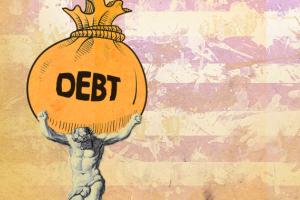These Four Elections Could Decide the Future of Europe - A Coming Storm?
Foreign Policy in Focus
 In upcoming votes for the European Union's most indebted countries, the left will have to battle both the forces of austerity and a resurgent xenophobic right. The backdrop for elections in Greece, Portugal, Spain, and Ireland is one of deep economic crisis originally ignited by the American financial collapse of 2007-08. The response of the EU is massive cutbacks in government spending, widespread layoffs, and double-digit tax hikes on consumers.
In upcoming votes for the European Union's most indebted countries, the left will have to battle both the forces of austerity and a resurgent xenophobic right. The backdrop for elections in Greece, Portugal, Spain, and Ireland is one of deep economic crisis originally ignited by the American financial collapse of 2007-08. The response of the EU is massive cutbacks in government spending, widespread layoffs, and double-digit tax hikes on consumers.










Spread the word